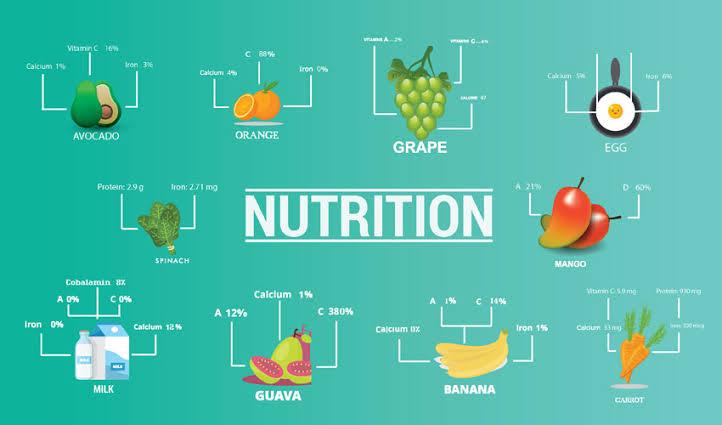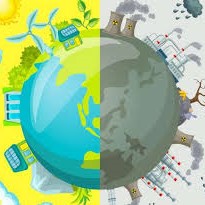“ The food we eat influences our mental and intellectual development”
Prime Minister, Narendra Modi while addressing the nation on Sunday with the 68 th edition of ‘Mann ki Baat’ which his monthly radio programme has emphasized on September to be specified as the Nutrition Month. In his address, he mentioned the role nutrition plays in the holistic development mentioning, “ The food we eat influences our mental and intellectual development”In this nutrition drive, it is extremely important to have enormous public participation, the PM stated and added
that several attempts are done to have a higher reach and raise awareness. “Schools are being involved. There should be a nutrition monitor just like there is a There should be a nutrition card along with the report card. This initiatives are in the works.” He said
He further added that a Bharatiya Poshan Krishi Kosh was being developed for cater the information and intricate details about categorized food production in every district of the country. As the month of September begins, we bring to you the essential information on “Nutrition” that shapes not just the mind and body but is an addition to the lifestyle:
Nutrition is the elementary science that dives into moulding our physical form and mental stability.
“To eat is a necessity, but to eat intelligently is an art” as quoted by La Rouchefoucald
The food that we consume is the primary source of energy that fuels the body. It should contain all the essential nutrients – carbohydrates, fats, protein, fibre, vitamins, minerals and water. A lot of meals comprises either excessively of carbohydrates or fats and lack a perfect nutrition balance that can feed the cells of the body. Based on the consumption quantity required by the body, nutrients can be categorized into two
types:
Macronutrients: Primarily includes Carbohydrates, fats and proteins, they are to be
consumed in larger quantities.
Micronutrients: Nutrients to be consumed in smaller proportion which includes
vitamins (e.g. A, B, C, D, E, K and B-complex) and minerals(e.g. Calcium,
Magnesium, Sulfur, Sodium, Iodine, Copper, Iron.)
The body cannot synthesize the essential nutrients independently or in the adequate quantities. So, the nutrition and diet needs to be crafted catering to the requirements of the body weaving around 6 main essential nutrients:
Protein: Known as “the building blocks” of the body, Protein is responsible for repair and further building of body tissues and muscles. Protein can be incorporated in the diet by animal products such as milk, cheese, paneer, eggs, meat and also by plant products – sprouts, moong, dals, soya, tofu. It is one of the most important constituent
in diet.
Carbohydrates: Provide the “functioning energy” to the body and are called as ‘powerhouse of the brain’. Carbohydrates can be consumed from healthy sources which includes chapati, rice, bread, other grains, corn, potatoes, beans and via unhealthy sources which includes cookies, biscuits, chocolates, soft drinks, etc.
Fats: Dietary fats are important as they supply body with energy, support cell growth and also keep the body warm and insulated. Fats, also play an important role in
absorbing fat soluble vitamins – A, D, E, and K. However, the fat that we consume is of two types – good fat and bad fat. The sources of fat include – seeds, nuts, dairy products, dark chocolate, fishes, oils and ghee which add up to the health of the body.
Vitamins and Minerals: There are two types of vitamins – fat soluble and water soluble vitamins. Vitamins A, D, E, K are fat soluble and Vitamins B, C are water soluble. Vitamins such as sodium function to balance the fluid volume outside the cell, calcium is an important constituent of bone and responsible for bone health. Iron is a very important mineral and its deficiency has been reported to cause anemia.
Fruits, vegetables, nuts and seeds are important sources of vitamins and minerals.
Water: Drinking water is important to keep the body hydrated. It is recommended to drink atleast 3 litres of water daily. Water plays a key role to perform functions such as maintaining homeostasis, removal of waste, and transport of nutrients to cells.
To practice nutrition, is to have meals consisting of balanced proportions of the essential nutrients from the healthy foods. The diet holds a major responsibility in terms of maintaining health of the body, thus, for any diseases, it is important to find out the root cause of it and incorporate diet and lifestyle changes for curing it.
The ‘Essence of Nutrition’ hereby is to adequately focus on ‘what we eat’.



Nutritional supplements need of the day for growth and development